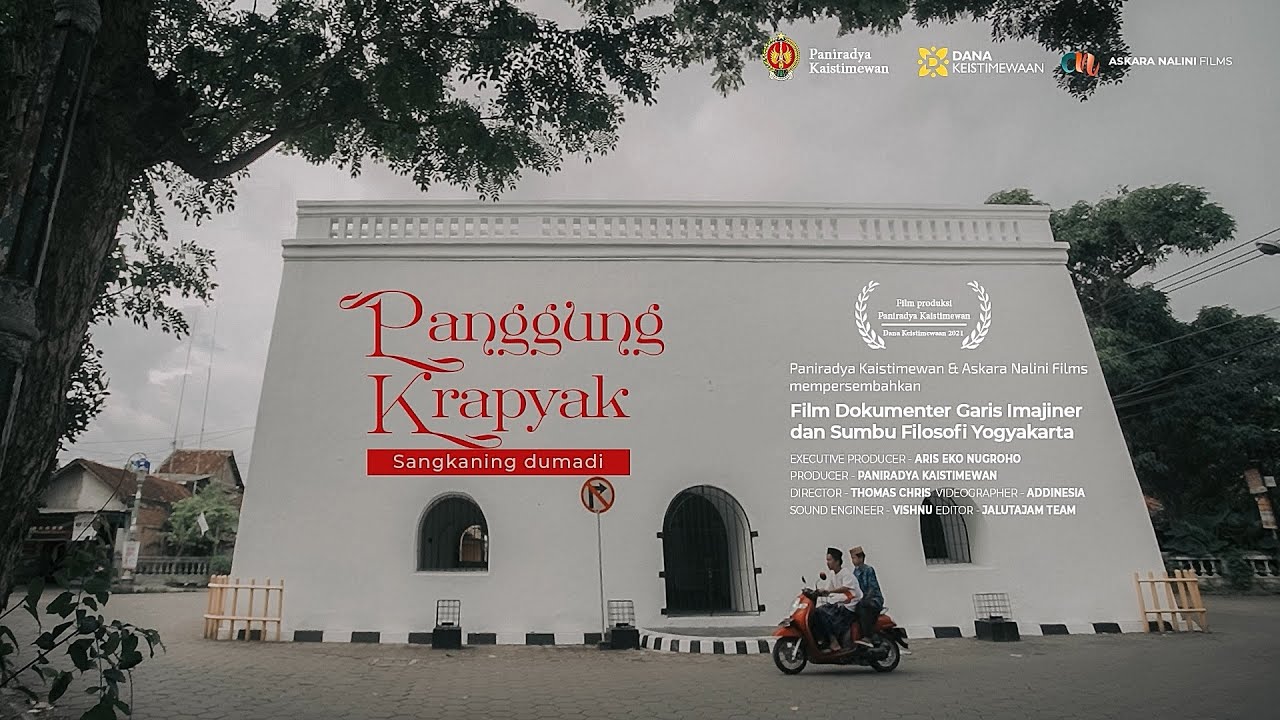700 Years Ahead: The Power of Córdoba Libraries
Summary
TLDRThe script discusses the historical significance of Islamic Spain as a center of learning and knowledge, highlighting the region's advanced libraries and scholars. It contrasts this with the current state of the Muslim world, lamenting the focus on minor religious practices over the rich intellectual history. The speaker emphasizes the importance of seeking knowledge and the contributions of scholars like Imam Malik to Islamic jurisprudence.
Takeaways
- 📚 The city of Kaba was a significant center of learning in the past.
- 🌐 European libraries had only 600 books annually, whereas CA produced 600 books annually, 700 years before street lights appeared in Paris and London.
- 🏙️ Baghdad's 'hikma' was the largest library in the world, with the second largest being in Muslim Spain.
- 🌟 Scholars from around the world traveled to Muslim Spain to seek books and knowledge.
- 🔍 The speaker emphasizes the historical importance of Islamic Spain and its contributions to science and learning.
- 🌌 The speaker mentions the great achievements in geography and astronomy by scholars of the time.
- 📚 Scholars moved to Baghdad for its advanced facilities and knowledge resources.
- 📈 The speaker contrasts the historical scholarly achievements with the current state of the Muslim world.
- 🙏 The speaker criticizes the focus on religious practices like Salah and fasting over historical knowledge and scholarship.
- 🧐 The speaker refutes the idea that past scholars did not know how to perform religious practices correctly, using examples like Imam Malik.
Q & A
What was the significance of Kaba as a center of learning?
-Kaba was a center of learning where a large number of books were produced annually, signifying a hub of intellectual activity and scholarship.
How many books did the largest library in Europe have compared to the output from CA?
-The largest library in Europe had 600 books, while CA produced 600 books every year, indicating a high level of literary productivity.
What was unique about the street lights in CBA compared to Paris and London?
-Street lights in CBA were present 700 years before they appeared in Paris and London, showcasing an early advancement in urban infrastructure.
Which was the largest library in the world during the time mentioned in the script?
-The largest library in the world was the hikma in Bagdad.
Who was the leader in Bagdad and the Muslim leader in Spain?
-The script does not specify the names of the leaders in Bagdad and Spain, but it highlights their roles in fostering learning and scholarship.
Why did people from all over the world seek books from the Muslim world?
-People sought books from the Muslim world to enlighten their own people and promote reading and knowledge.
What is the significance of the individual who moved to Bagdad for the facilities they had?
-This individual, known for his expertise in geography and other fields, moved to Bagdad due to the advanced facilities available, indicating the city's reputation as a center of learning.
Why did people from Europe come to Spain during the time of Islamic Spain?
-People from Europe came to Spain to learn Arabic so they could access and study the advanced sciences developed by Muslims.
What is the current perception of the Muslim world as portrayed in the script?
-The script suggests that the current perception of the Muslim world is narrow, focusing on religious practices like Salah and fasting, rather than the rich history and scholarship of the past.
Who is IM Malik and why is he mentioned in the script?
-IM Malik is a historical figure known for his scholarship. He is mentioned to contrast the depth of historical Islamic scholarship with contemporary religious discussions.
What does the script imply about the state of Islamic scholarship today?
-The script implies that there has been a decline in Islamic scholarship, with a focus on minor religious disputes rather than the pursuit of knowledge and enlightenment.
Outlines

此内容仅限付费用户访问。 请升级后访问。
立即升级Mindmap

此内容仅限付费用户访问。 请升级后访问。
立即升级Keywords

此内容仅限付费用户访问。 请升级后访问。
立即升级Highlights

此内容仅限付费用户访问。 请升级后访问。
立即升级Transcripts

此内容仅限付费用户访问。 请升级后访问。
立即升级浏览更多相关视频

Golden age of Islam | World History | Khan Academy

Keruntuhan dan bangkitnya peradapan Islam Spanyol - Andalusia

Misteri di Balik Pusat Sains Dunia Masa Lampau

Tarbiyah Islamiyah - Semester 1 - Lecture 7 | Shaykh Ibrahim Zidan | Zad Academy English

[Tanya Jawab Kajian Musawarah] Kenapa Belajar Adab Lebih Lama dibanding Belajar Ilmu ? -UAH-

Film Dokumenter "Panggung Krapyak, Sangkaning Dumadi"
5.0 / 5 (0 votes)
